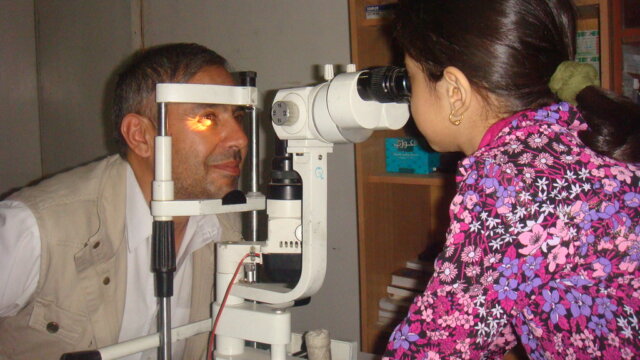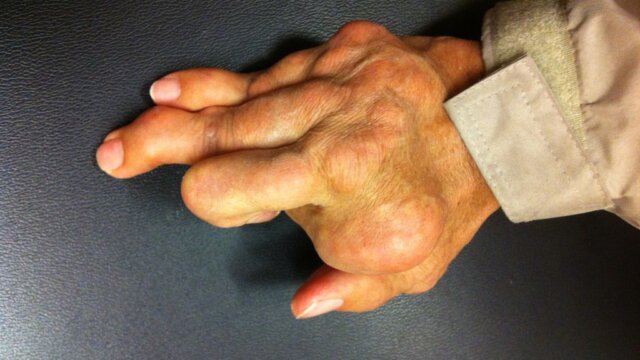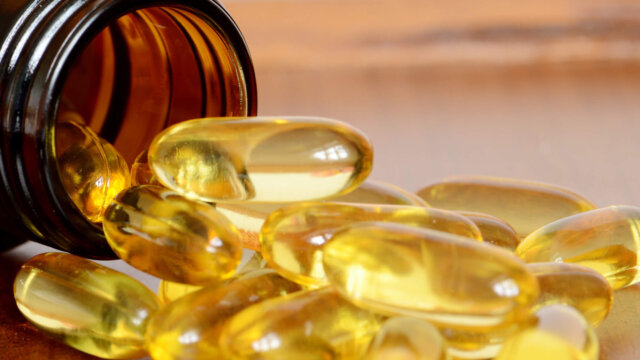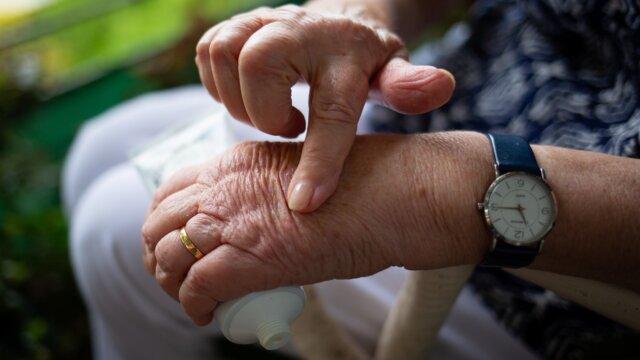FTC disclaimer: This post may contains affiliate links and we will be compensated if you click on a link and make a purchase.
Over half of American adults drink coffee every day, and sales figures show that the number of people purchasing gourmet coffee continues to rise.
This includes coffee shop purchases as well as coffee that is bought in store and brewed at home.
Is Coffee Bad For You?
Like many other foods and beverages, the reported pros and cons of drinking coffee have changed over time.
In recent months, its health benefits have been touted far more often than its possible negative side effects. Some of the health benefits of drinking gourmet coffee may surprise you.

1) Improves Attention Span and Concentration
People who seem to perk up after drinking coffee aren’t just imagining things. Caffeine helps to improve concentration and attention span. One study even found that low levels of caffeine helped employees locate typos and misspellings!
2) Is Low In Calories
When it’s enjoyed black or low-fat milk or a sugar substitute, gourmet coffee is a zero- or low-calorie beverage.
3) Is High In Antioxidants
Coffee is also a rich source of antioxidants, which help to protect our cells from damage. Coffee is particularly high in an antioxidant compound known as flavonoids, which have been found to have several beneficial effects on health.
4) Helps Improve Digestion
A hormone that is released after the coffee is ingested helps to stimulate digestion. Just watch how much coffee you intend to drink at one time, or you may experience unwanted stomach pains. For some, coffee has a more serious laxative effect on the body.
5) Lowers Risk of Depression
A study conducted at Harvard University found that women who drank two to three cups of coffee per day had a 15% lower risk of depression than non-coffee drinkers.
6) May Lower Risk of Alzheimer’s Disease
Preliminary studies have found that other coffee ingredients interact with its caffeine to boost the levels of a growth factor that was found to fight Alzheimer’s disease in mice.
7) Improves Heart Health
According to a group of researchers who reviewed numerous coffee studies, one or two cups of coffee per day may lower the risk of heart failure and reduce stroke risk.
How Many Calories Are in a Cup of Coffee?
A standard cup of black coffee is surprisingly low in calories. According to the USDA, there is only one calorie in an eight-ounce cup of coffee.
Yes. You read that correctly. A standard cup of black coffee only has 1 calorie!
The overall amount of calories may go up depending on a few variables, such as the roast and type of coffee you are drinking. Here’s a closer look at the number of calories in coffee:
- Black Coffee — 1 calorie per cup
- Black Decaf Coffee — 0 calories per cup
- Espresso — 3 calories per ounce
- Instant Coffee — 192 calories per cup
Other Health Benefits of Coffee?
If you’re a fan of drinking coffee regularly, the above-mentioned health benefits probably might seem pleasing. But these are just a few other benefits associated with coffee as well. A few research shows:
Healthy Diet & Regular Exercise
Keep in mind, no matter how appealing the benefits listed above sound, none of them really matter unless you follow a healthy diet and stay active by exercising regularly.
Although coffee does have health benefits, it’s certainly not a cure-all or a keystone to a nutritious diet.
It’s also important to remember that the fancy “gourmet” coffee concoctions topped with whipped cream or mixed with whole milk will be much higher in calories, fat, and sugar. While they are indeed delicious but you need to take account of how much sugar you are ingesting.
Moreover, whipped cream is a processed food that will make your coffee unhealthy. So, you need to avoid any processed ingredients in a coffee.
That’s why common beverages at coffee shops mostly would be higher in calories, fat, and sugar. It is better to brew your own coffee at home to monitor the amount of cream and sugar.







![14 Effective Home Remedies for Cough [Ultimate Guide]](https://healthyious.com/wp-content/uploads/2020/01/14-Effective-Home-Remedies-for-Cough-Ultimate-Guide-640x360.jpg)